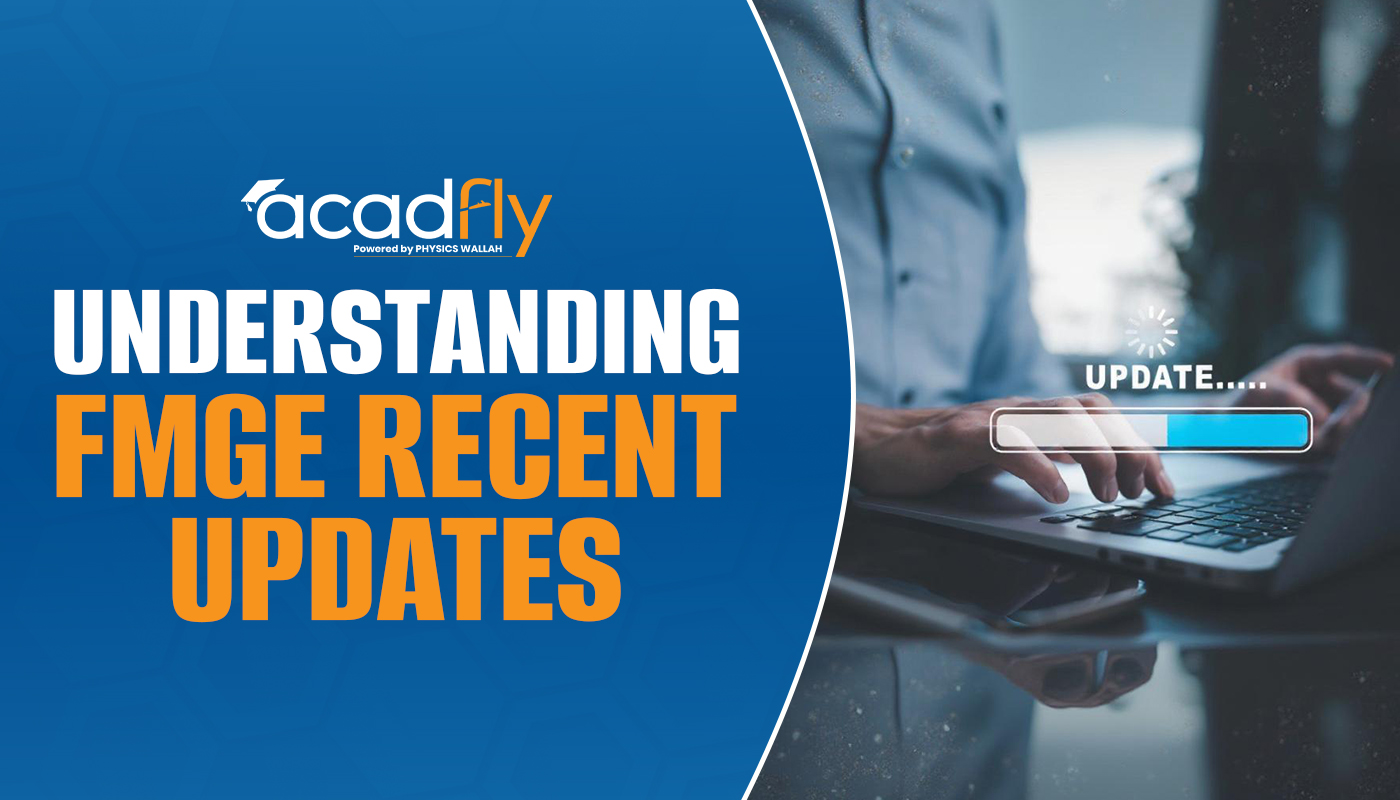
Loan repayment after graduation can be a crucial aspect of managing your finances as you transition from student life to the professional world. Understanding when you need to start repaying your student loans and what options are available to you can help you plan effectively and reduce financial stress. Each loan type has specific terms and timelines, so knowing the details of your repayment schedule is essential for successful financial management.
Understanding the Student Loan Grace Period
Loan repayment after graduation often begins with a grace period, which is a set period after you leave school during which you are not required to make payments on your student loans. This period typically lasts between six to twelve months, depending on the type of loan you have. It allows you time to adjust to life after graduation and secure employment without the immediate pressure of loan payments.
During the grace period, interest may continue to accrue on your loans, depending on the type of loan you have. For subsidized loans, the government may cover the interest during this time, while for unsubsidized loans, you are responsible for paying the interest. Understanding how this interest accumulation affects your total loan balance can help you better manage your repayment timeline.
Post-graduation loan terms vary by lender and loan type, so it’s important to review your specific loan agreement. Knowing your loan’s grace period and any interest accruals will help you prepare for the start of your repayment schedule. This information is crucial for planning your budget and ensuring you are ready to begin making payments when the grace period ends.
Repayment options for students can also be considered during this time. Some loans offer flexible repayment plans that adjust based on your income or financial situation. Additionally, if you are unable to start payments immediately, deferring student loans or exploring other options may be possible. Understanding these options can help you choose the best strategy for managing your student debt effectively.
Navigating Your Loan Repayment Timeline
Understanding your loan repayment timeline is essential for managing your finances effectively after graduation. By following these steps, you can stay organized and make informed decisions about your student loans:
Know Your Grace Period Duration
Understand how long your grace period lasts and when it ends. This grace period, typically six to twelve months, gives you time to prepare financially before your first loan payment is due. Knowing this duration helps you plan your budget and avoid surprises when payments start.
Review Loan Terms and Conditions
Carefully review the terms of your loan agreement, including the repayment start date and any interest accrual during the grace period. This information is crucial for understanding how soon you need to start payments and how much interest will add to your balance.
Set Up a Repayment Plan Early
Establish your repayment plan well before the grace period ends. Choose the repayment option that best fits your financial situation, such as a standard plan, income-driven plan, or graduated plan. Setting up automatic payments ensures you stay on track and avoid late fees.
Monitor Your Loan Balance
Regularly track your loan balance and interest accumulation during the grace period. Keeping an eye on these details helps you stay informed about your total debt and make necessary adjustments to your repayment strategy to avoid larger future payments.
Explore Repayment Flexibility
If you encounter financial difficulties, explore options such as deferment or forbearance. These options can provide temporary relief but be aware of how they affect your loan balance and total interest. Understanding these options helps you manage your student debt more effectively.
What to Know About Post-Graduation Loan Terms
Navigating the transition from student life to repaying your loans involves several important considerations. Here’s what you need to know to manage your student loans effectively after graduation:
Grace Periods and Repayment Start Dates
Most student loans come with a grace period—typically six to twelve months—during which you are not required to make payments. This period allows you to transition from student life to professional life. However, interest may accrue during this time, so understanding the grace period length and start date for repayment is crucial for planning.
Repayment Plan Options
Post-graduation, you will need to select a repayment plan that fits your financial situation. Common options include standard repayment plans, income-driven repayment plans, and graduated repayment plans. Each has different terms and impacts on your monthly payments and total interest paid, so choose one that aligns with your financial goals.
Interest Rates and Accrual
Be aware of your loan's interest rates and how they impact your repayments. Federal student loans typically have fixed rates, while private loans might have variable rates. Knowing whether your rates are fixed or variable will help you understand how they affect your payment amounts over time.
Loan Servicers and Contact Information
Your loan servicer is the company that manages your loan repayments. Keep their contact information updated and stay in touch regarding any changes or issues with your loan. Effective communication with your loan servicer ensures you receive accurate information and assistance with managing your loan.
Options for Deferment and Forbearance
If you face financial hardship after graduation, explore options like deferment or forbearance. These allow you to temporarily pause or reduce your payments, but interest may continue to accrue. Understanding these options can help you manage your loan during challenging times.
Exploring Repayment Options for Students
When it comes to managing student loans, understanding the available repayment options is crucial for making informed decisions. Here’s a breakdown of different repayment strategies:
Standard Repayment Plan
The Standard Repayment Plan involves fixed monthly payments over a set period, usually ten years. This plan offers the advantage of predictable payments and often results in paying less interest over the life of the loan compared to other plans. It's a good choice if you prefer a straightforward repayment structure.
Income-Driven Repayment Plans
Income-Driven Repayment Plans adjust your monthly payments based on your income and family size. Options include Income-Based Repayment (IBR), Income-Contingent Repayment (ICR), and Pay As You Earn (PAYE). These plans can lower your monthly payments if you have a lower income, but they might extend the repayment period and increase the total interest paid.
Graduated Repayment Plan
The Graduated Repayment Plan starts with lower payments that increase every two years. This plan is beneficial if you expect your income to rise steadily over time. While initial payments are lower, overall interest paid can be higher compared to the Standard Plan.
Extended Repayment Plan
The Extended Repayment Plan allows for a longer repayment term, typically up to 25 years. This plan reduces monthly payments but increases the total interest paid over the life of the loan. It’s suitable if you need lower payments but don’t mind paying more in interest.
Deferment and Forbearance
Deferment and forbearance options allow you to temporarily pause or reduce payments if you face financial hardship. Deferment usually doesn’t accrue interest on federal loans during the pause, while forbearance may accrue interest on all types of loans. Both options can provide short-term relief but may extend the loan term and increase total interest.
Deferring Student Loans: What It Means for You
Deferring student loans means temporarily pausing your loan payments without going into default. This option is helpful if you're experiencing financial hardship, pursuing further education, or dealing with other significant life events. During a deferment, you’re not required to make monthly payments for a specified period, giving you time to manage your other financial responsibilities.
Interest on federal student loans may be subsidized during deferment, meaning the government will pay the interest on your behalf. However, for most private loans and some federal loans, interest continues to accrue during the deferment period. This can lead to a higher loan balance once payments resume, so it’s important to understand how your specific loans are affected.
Choosing to defer your loans can impact your overall repayment plan. While it provides immediate relief, it may extend the length of your loan term and increase the total amount you repay due to accrued interest. Be sure to consider these factors and calculate how deferring will affect your long-term financial situation.
Before deciding to defer, explore other options like income-driven repayment plans or contacting your loan servicer for advice. They can offer guidance tailored to your situation and help you determine whether deferment is the best choice or if there are other ways to manage your payments.
Frequently Asked Questions
1. How long do I have before I need to start repaying my student loan?
2. Can I start repaying my loan before the grace period ends?
3. What happens if I don't start repaying after the grace period?
4. Are there options if I can’t afford payments after graduation?










